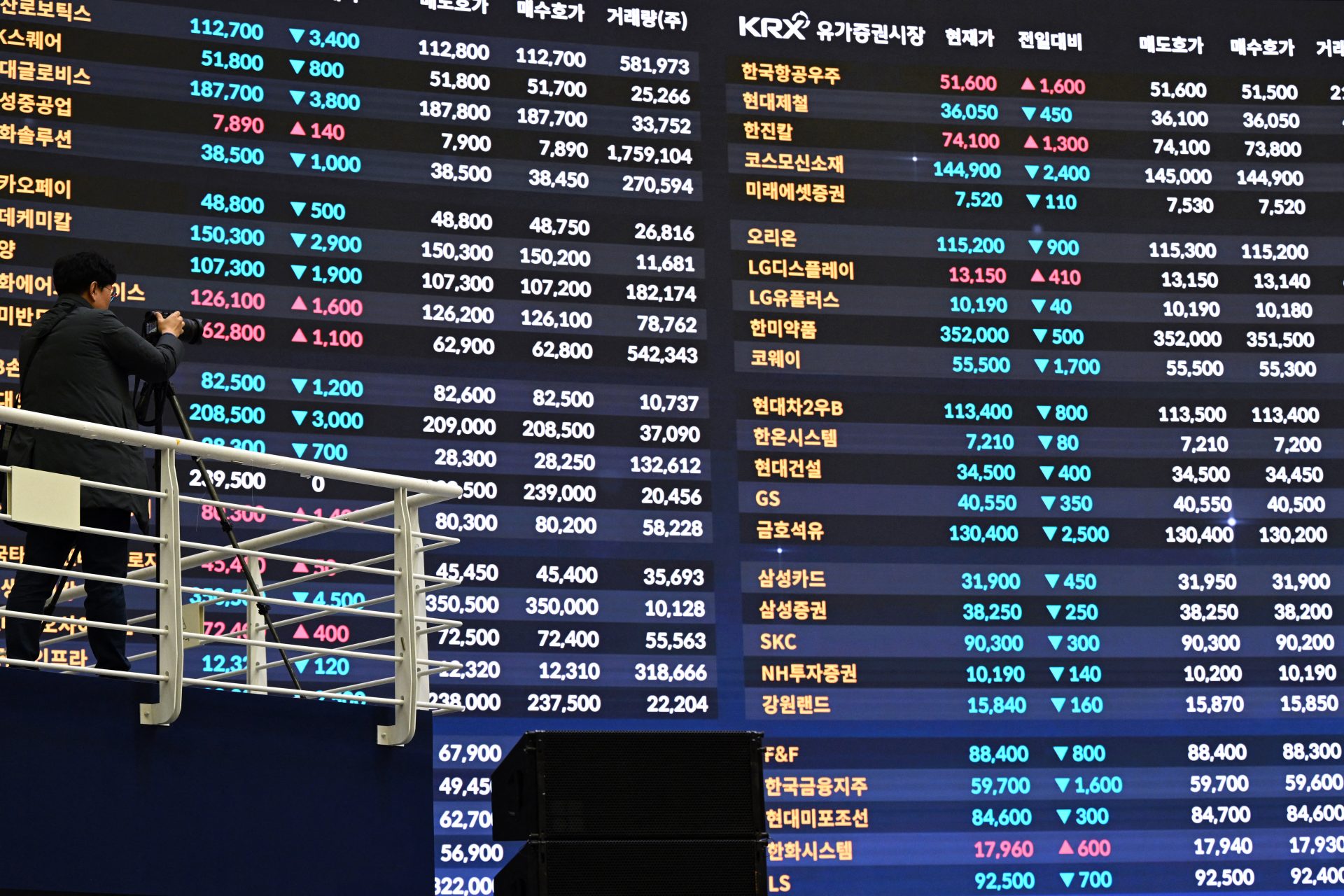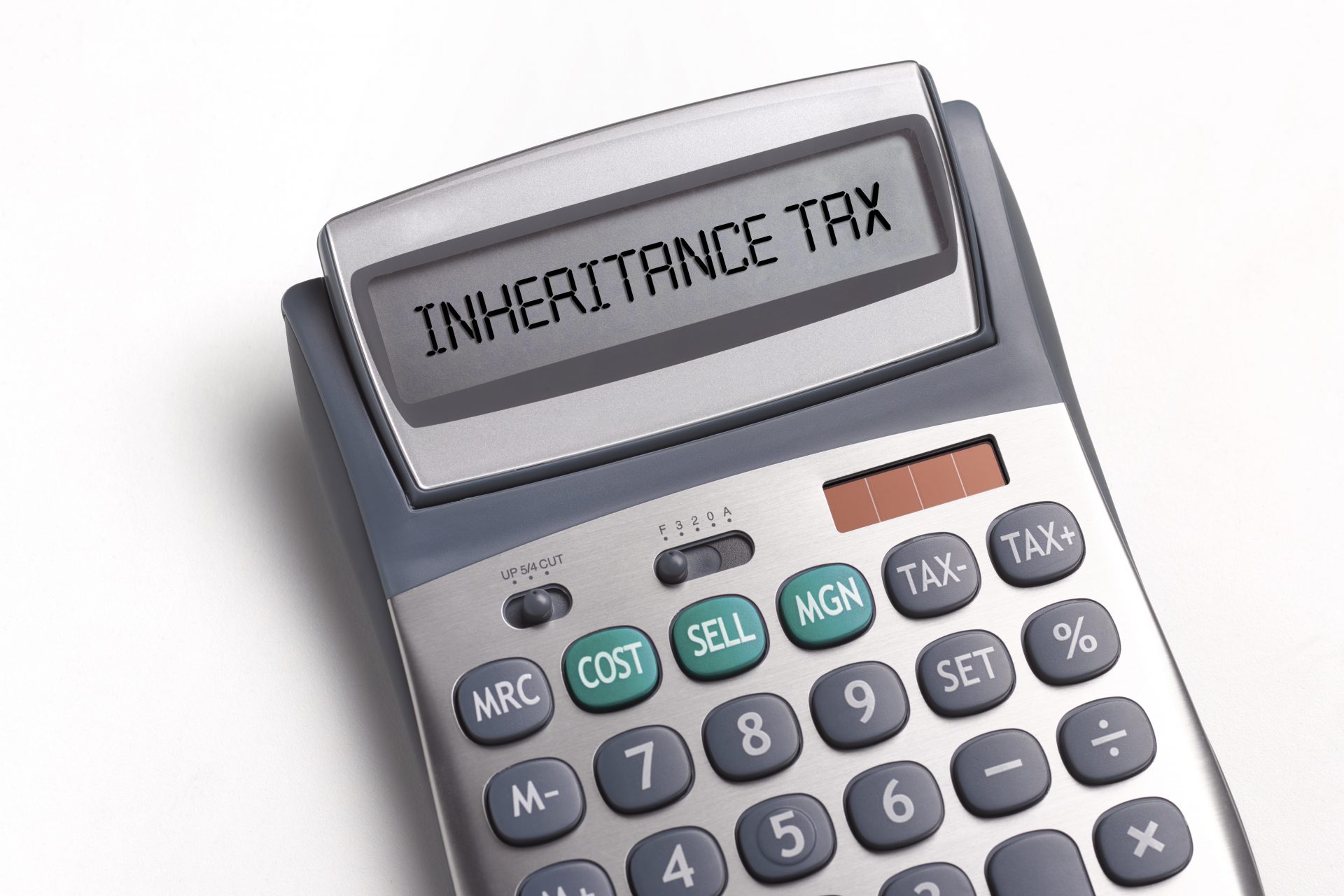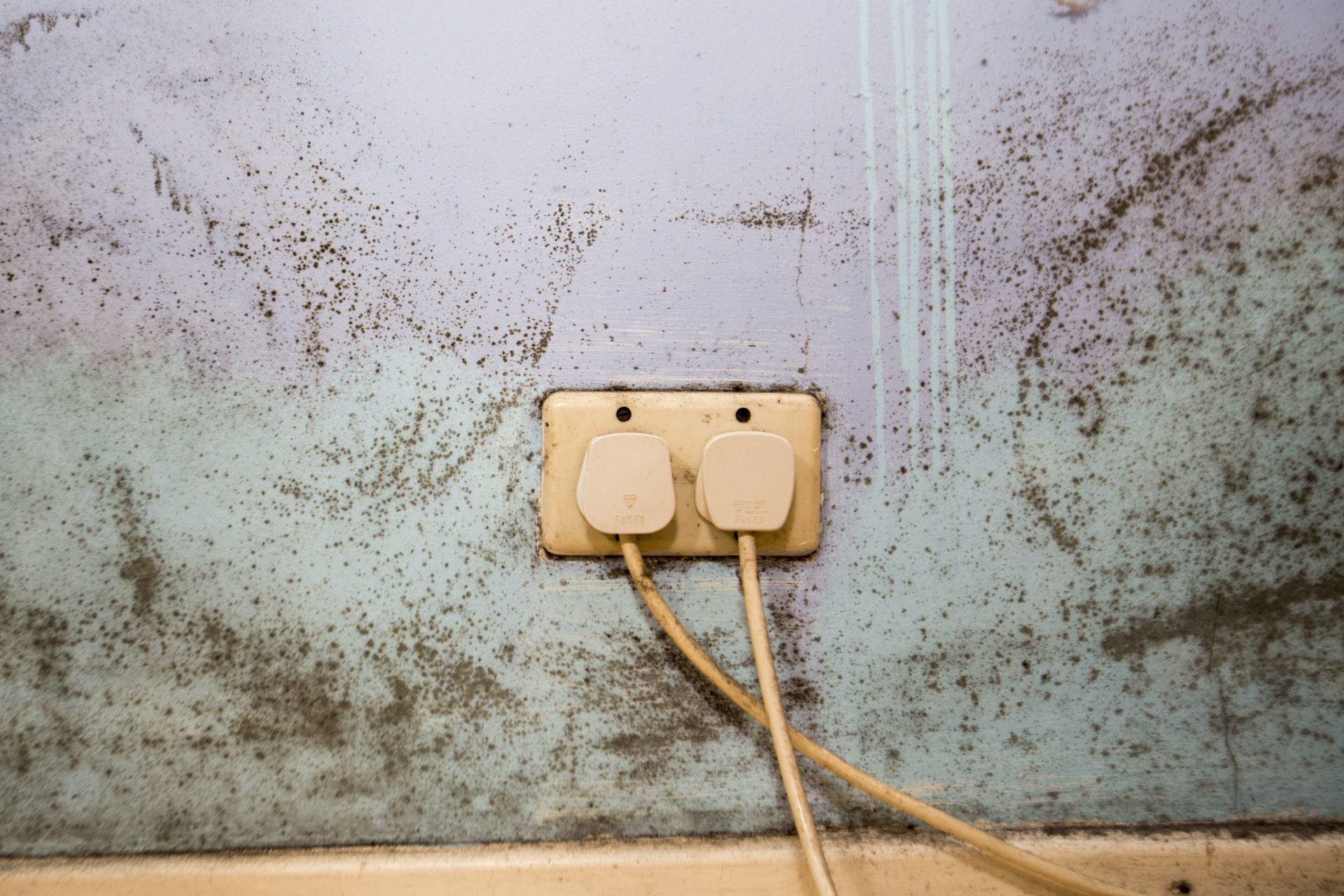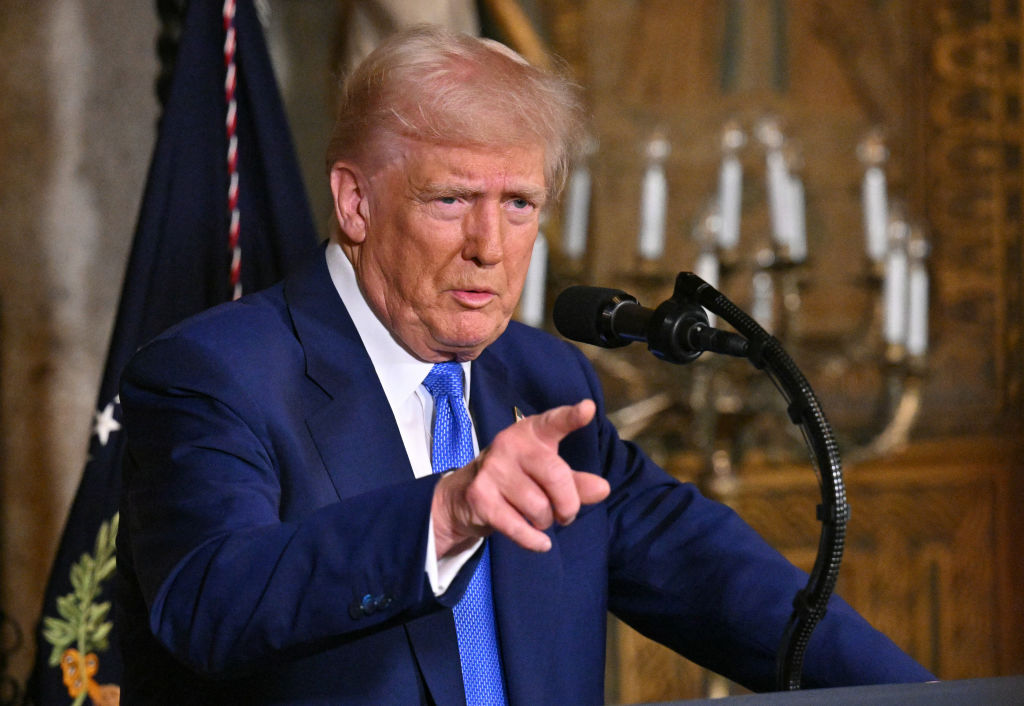Is the US preparing for the greatest wealth transfer in its history?
Baby boomers, the most numerous generation in US history, are approaching old age. The youngest are in their 60s, while the oldest are in their 80s, and they are ready to leave money to their families.
According to The New York Times, the inheritance from Baby boomers will be the most significant income transfer in US history, as the post-WWII generation is the wealthiest in the country.
Baby boomers have accumulated trillions in assets, from stocks to real estate and savings. According to The New York Times, they hold around half the country's wealth: $78.3 trillion.
The newspaper said that the 1950s generation benefited from the financial and housing market price growth, accumulating more wealth than younger people.
Homes in the US are 500 times more expensive today than in the 80s when most boomers were in their 20s and 30s and started buying property.
The stock market also experienced significant and fast growth in the 1980s. The New York Times explained that it has grown over 2000%, thanks to the globalization of American companies.
The result of that growth is that family wealth in the US more than tripled from 1989 until 2022, with boomers holding most of it, which will now pass down to their children and grandchildren.
The newspaper said economists expect a wealth transfer of around $84 trillion to Millennials and GenXers from their elders until 2045. $16 trillion will be transferred in the coming decade.
The transfer will also benefit younger generations in terms of taxes. The US tax code allows the transference of millionaire sums without charging federal estate taxes.
Another way to benefit from the policy is to opt for a tax-free cash transfer of estate money while the person is still alive, which is becoming increasingly popular.
According to Forbes, the effects will be far-reaching, and the wealth transfer will create opportunities for everyone. Still, the shift will also create more inequality.
Experts told The New York Times that the funds transfer will deepen the existing social divide in the US, as the top 1% of families holds around a third of the wealth.
According to the newspaper, the bottom half of the families holds less than $1 trillion from the over $150 trillion that will be transferred to the younger generations.
Some people will get caught in the middle of two generations, caring for aging parents and children without considerable inheritance money to ease the burden.
According to The New York Times, wealth transfers will leave more obstacles for those in the bottom half as the "cost of living, housing, and raising families surges."
Deepened inequality can affect the general health of the American economy. An expert cited by The New York Times said that once white-collar workers without large inheritances can no longer afford the price of rice, companies support change.
More for you
Top Stories





























